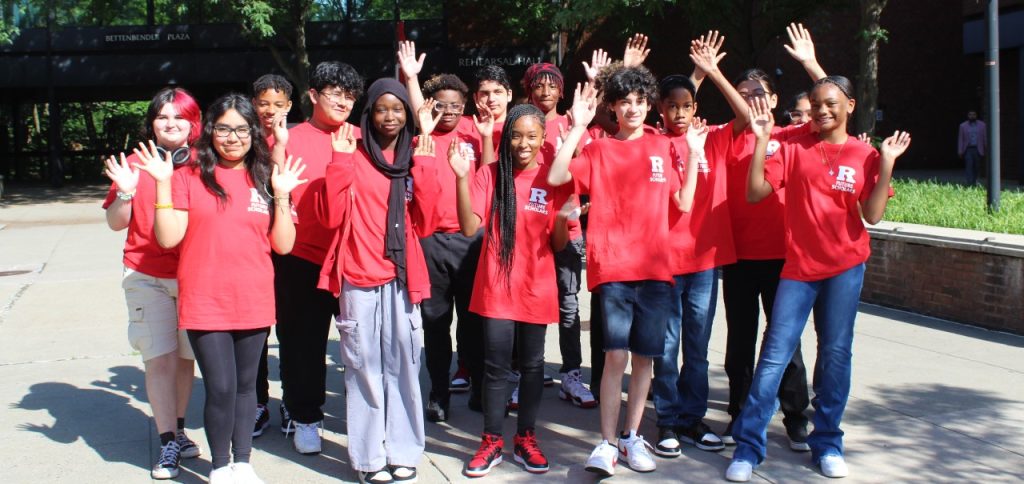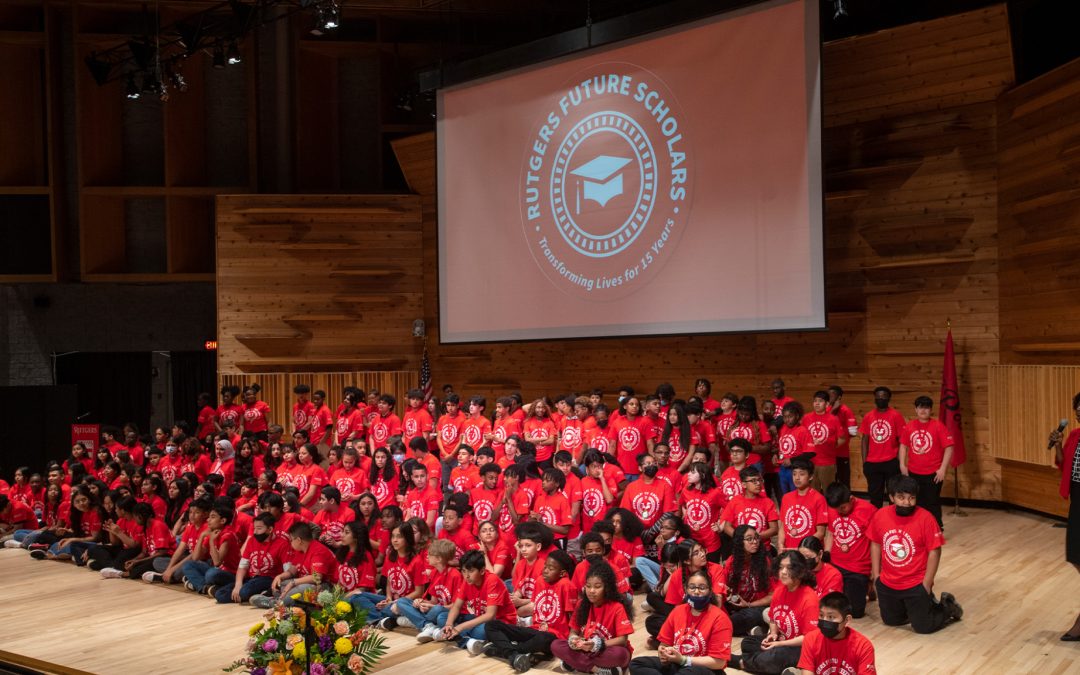For the past 15 years, Rutgers Future Scholars (RFS) has made higher education more accessible for more than 3,200 promising students across New Jersey’s underserved communities. From its start in Newark, New Brunswick, Camden, and Piscataway—and expanding to Rahway in 2016—this pioneering program guides selected eighth graders through college with both academic and emotional support, including a tuition-free opportunity to attend Rutgers upon successful completion.
Kim Williams, director of the RFS program at Rutgers–New Brunswick, underscores the program’s core message: “We want you to see your future as one that has college in it.” Every year, a new cohort of 215 students—known by their eventual graduation year—attends after-school, weekend, and summer classes on one of Rutgers’ campuses. During these sessions, participants develop crucial skills ranging from public speaking and digital storytelling to resume-building and college essay writing. By the time they graduate from high school, many have already formed a deep connection with Rutgers, easing the transition into postsecondary life.
The Program’s Local Impact
Since its inception, RFS has maintained a remarkable track record: 98 percent of active scholars graduate from high school, and approximately 90 percent of those graduates enroll in college the following fall. First-generation college students, who might otherwise view Rutgers as out of reach, benefit from extensive mentorship and a supportive community. Kimberly Brown, manager of Academic Programs for RFS at Rutgers–Newark, believes early and continuous exposure is key: “Students must be given early access to spaces where they can receive support and feel empowered.”
The History of RFS
The program was conceived by Courtney McAnuff, vice chancellor for Enrollment Management at Rutgers–New Brunswick, after the university recognized a lack of enrollment from its neighboring communities. Despite launching during a period of economic downturn in 2008, the concept quickly gained traction under then-president Richard L. McCormick. RFS soon became a national model for other universities such as the University of Michigan, James Madison University, and Louisiana State University, which have sought guidance on replicating its success.
The RFS Family & Community
A hallmark of RFS is its enduring sense of family and belonging. “We have a saying: Once a scholar, always a scholar,” says Nyeema Watson, senior vice chancellor for strategy, diversity, and community engagement at Rutgers University–Camden. Staff members maintain contact with students and their families long after they graduate—providing guidance on everything from academic roadblocks to personal milestones. If a student leaves the program, staff reach out to help them re-engage, reinforcing the notion that RFS is more than just an academic initiative.

For families like the Nwafulumes, who emigrated from Nigeria to Piscataway, RFS has been transformative. Their oldest daughter, Michelle, joined RFS in the seventh grade and recently completed a nursing degree at Rutgers–Newark. Her younger sister, Tiffany, is preparing to study computer science at Rutgers–New Brunswick in the fall, while their twins, Adrianne and Audrey, are current RFS participants. “RFS is a huge help financially, and it increased my daughters’ confidence,” says their mother, Chinyere. “We have a saying where I’m from: It takes a village to raise a child. I consider RFS part of our village.”
Many graduates, including nurses, lawyers, computer scientists, and scholars at top-tier graduate programs, credit RFS for jumpstarting their careers. Their continued involvement—returning to speak at events and mentor younger cohorts—fuels the cycle of support that defines Rutgers Future Scholars.
For more in depth insight about the RFS Program over the past 15 years, please visit the original article by Lisa Intrabartola , Rutgers Future Scholars Becomes National Model for Educational Access.

